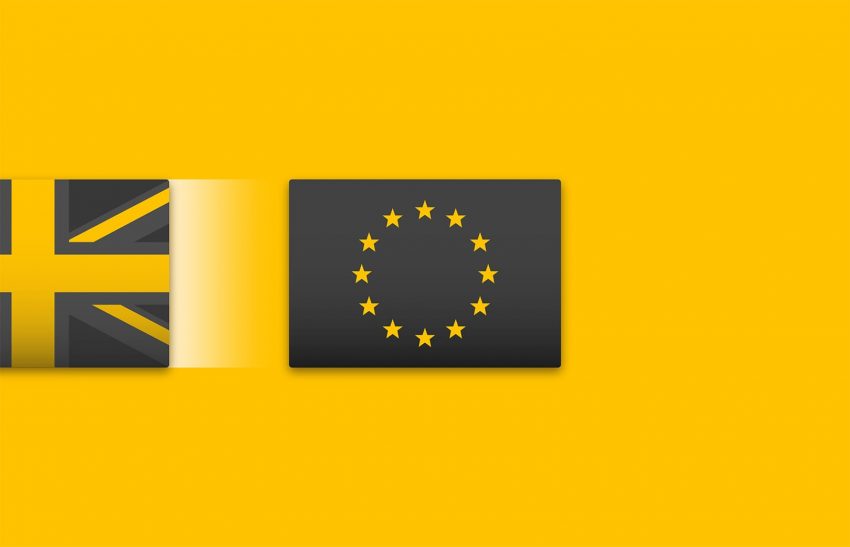What to Expect for Fintech after Brexit?

On January 31st, 2020, at 23:00 London time, the UK has implemented the historical decision of the Brexit referendum and left the EU. While losing its representation and voice in the EU government were expected by everyone, there is a lot more about leaving the EU than that.
One of the consequences is also the fact that the UK is leaving the European single economical space, and starting in 2021, it won’t be a European country in terms of legal affairs, business, and finance. Specifically, the British fintech after Brexit ceases to be internationally accessible and available to everyone in Europe.
Is The UK Market Now a No-Go Zone?
Having an almost $3 trillion GDP, the United Kingdom was an essential part of Europe’s financial scene, accounting for 1/6 of Europe’s net turnaround. Being in Europe’s financial space, UK-based fintech companies had the benefits of free trade with any European business or individual. Both British and continental European citizens were able to select from financial services provided in any European country, including the UK, and vice versa.
The Brexit impact on the fintech sector is mostly concentrated around the fact that UK fintech companies, especially neobanks, can’t offer services to the giant European market. On the other hand, European people and businesses have lost their access to the UK’s fintech after Brexit.
Exit Strategy of a Wrecking Ball
In other words, without permission to operate in the UK, European fintech loses access to a British customer. While it is not such a crucial problem for EU-based companies as the EU is bustling with the proper competition itself, withdrawal of business from the UK leads to great losses. For example, the neobank N26 had to stop offering their service to UK folks and lost the customers altogether.
For the UK fintech, after Brexit, there’s not too much of choice from either of the sides, be it customers or service providers. Without proper EU-issued financial licenses, digital banking in the UK is now locked down into the country, without any possibility for growth.
Is the UK’S Fintech After Brexit Doomed?
Essentially, the problem of expansion comes down to moving or opening new offices in the EU and obtaining local licenses that allow operation within the European Union. By now, thousands of British financial firms have announced at least partial relocations to the EU to keep and maintain full operation across both banks of the Channel.
Having to spare some cost while still offering financial services in the UK, the fintech sector players often choose to move to Vilnius, as one of the new prominent financial hubs in the EU. Being in Lithuania, a Eurozone country, Vilnius offers comparably low price of operation and reasonable rules for having EU licenses, recognized across the whole of Europe.
A Lithuanian financial services license, issued in Vilnius, allows UK-based fintech after Brexit to keep offering digital banking services to its whole pool of customers, without much of noticeable changes.
Streamline the Change
Moving to EU countries for UK fintech after Brexit can be done seamlessly with a local partner. By now, there are a few experienced companies in Vilnius that offer white label solutions to British fintech after Brexit, including Satchel. With a relocated business’s or Satchel license, the European pool of customers can be migrated on a European license without noticing any Brexit impact on the fintech sector from their side, apart from the new, Lithuanian IBANs.
If you’re interested in a reliable EU-based partner for your fintech company, then check out the services we offer for financial institutions. Contact us today and turn Brexit from a problem to an advantage for your business!





